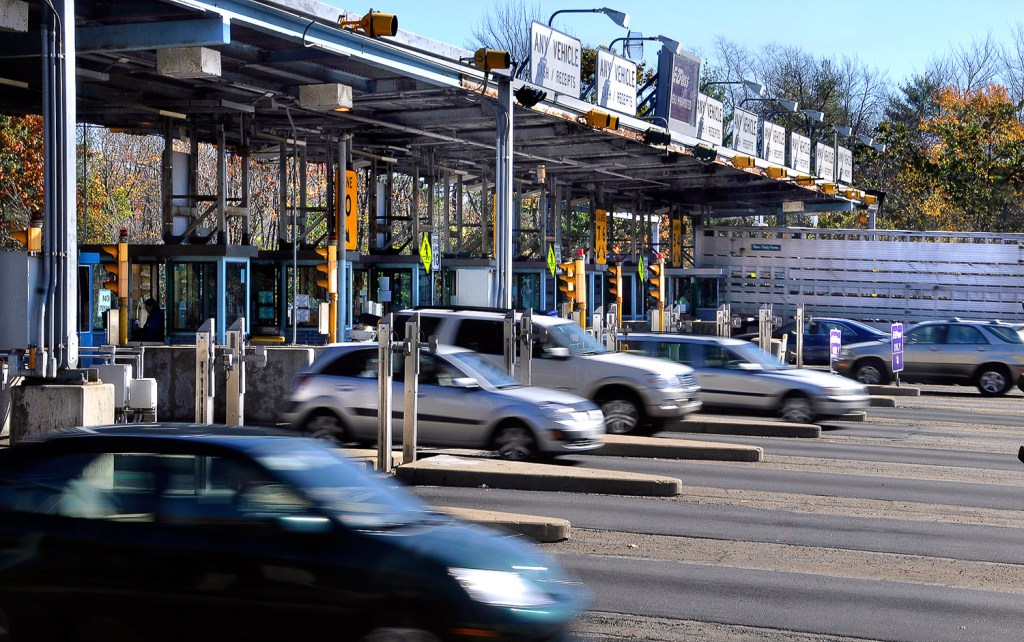Americans have never been content with government — it may be in our system’s DNA — but one thing almost everyone can agree on is that we’ve reached a point of radical discontent. Blaming, shaming and calling out adversaries seem standard operating procedure.
But the nation isn’t at war and the economy is doing OK, at least for now. What are we so frustrated about?
I’ll propose a novel idea: One major cause is a willful failure to follow the rules, at all levels of government. Open the newspaper and you can find examples.
In Winslow, voters, after much debate, approved a bond issue to close the junior high school, renovate the elementary and high schools, and combine grades K-8 in one building.
It was hardly a surprise. Former mill towns that lose major employers must retrench, and as school enrollments decline throughout Maine, consolidation makes sense.
Not everyone agreed, either with consolidation or spending $8.1 million, and the vote was close, 881-825, with a 52 percent majority saying yes. Normally, that would be it.
A resident, Phil St. Onge, however, petitioned for a recount, which yielded the same result. Then, with one school board member, Jason Rifenbark, he sought a new vote, calling it a “citizen initiative.”
The town charter allows no such initiatives; if it did, no vote would be final. This didn’t deter St. Onge, who said, “I don’t see how it wouldn’t end up in court.”
If it does, it’ll be because he put it there. Making things more puzzling is that St. Onge is an assistant principal at Nokomis High in Newport. Of all people, you’d think he’d know that governments — and citizens — need to play by the rules.
He has plenty of company. Around Maine, we’ve seen seemingly pointless controversies going on for years. In Brunswick, a residents group delayed a maintenance building for Amtrak’s Downeaster built right over existing tracks, though the plan had clear benefits for the town and the state.
In York, another residents group, with some support from town officials, long delayed relocation of the Maine Turnpike’s primary toll plaza from the swamp where it’s been sinking for decades to the top of the hill, where it should have been built in the first place.
In Wiscasset, residents sued over a traffic plan to relieve congestion on Route 1 that everyone else in Maine, and thousands of summer visitors, thought should have happened years ago. And in Harpswell, one selectman resists a town meeting vote to tear down a decaying water tower at George J. Mitchell Field, a converted Navy fuel depot, which he thinks has some future, unspecified use.
It’s not as if any of these plans are perfect; they have upsides and downsides and, if you like, winners and losers — though it’s doubtful anyone lost very much. The point is that we have a democratic, majority rule system for resolving public question, but increasingly we’re not using it.
As go the municipalities, so goes the state. You could trace these recent events to the deliberate shutdown of state government in 1991, and, for good measure, a 2017 reprise — in the first case engineered by Senate Republicans led by Charlie Webster; in the second, House Republicans and Ken Fredette.
The larger cases of rule-breaking by Gov. Paul LePage — shutting down voter-approved bond issues, ignoring a new law to implement Medicaid expansion and, for good measure, attempting to deny Democrats and Republicans Clean Election funding to which they’re legally entitled — followed this well-worn pattern.
One can’t pinpoint the exact moment this went national, but a good bet came in the last year George Mitchell of Waterville served as U.S. Senate leader, where he compiled an impressive record of legislative achievement. It came to a halt in 1994.
The reason is clear. Newt Gingrich, soon to be House speaker, blocked anything Democrats, who still had majorities, tried to do. Under the rules of the day, it was easy.
Mitchell said later, “The Republicans had a very clear strategy, and that was to prevent anything from happening .. and then claim Democrats couldn’t get anything done.” Republicans won the 1994 congressional election, and, as Mitchell said, “The most difficult part to accept is that it clearly worked.”
Obstruction may “work,” but that just means the democratic system doesn’t. It will end when voters elect those who can be trusted to follow the rules.
And all of us as citizens have roles, too. We should work to elect better representatives, wherever we find them — and then accept the results of decisions they collectively make. Not easy, but if we want to “save our country,” as Lincoln memorably put it — and our state and towns — we must.
Douglas Rooks has been a Maine editor, opinion writer and author for 33 years. His new book is “Rise, Decline and Renewal: The Democratic Party in Maine.” He welcomes comment at drooks@tds.net
Send questions/comments to the editors.



Comments are no longer available on this story